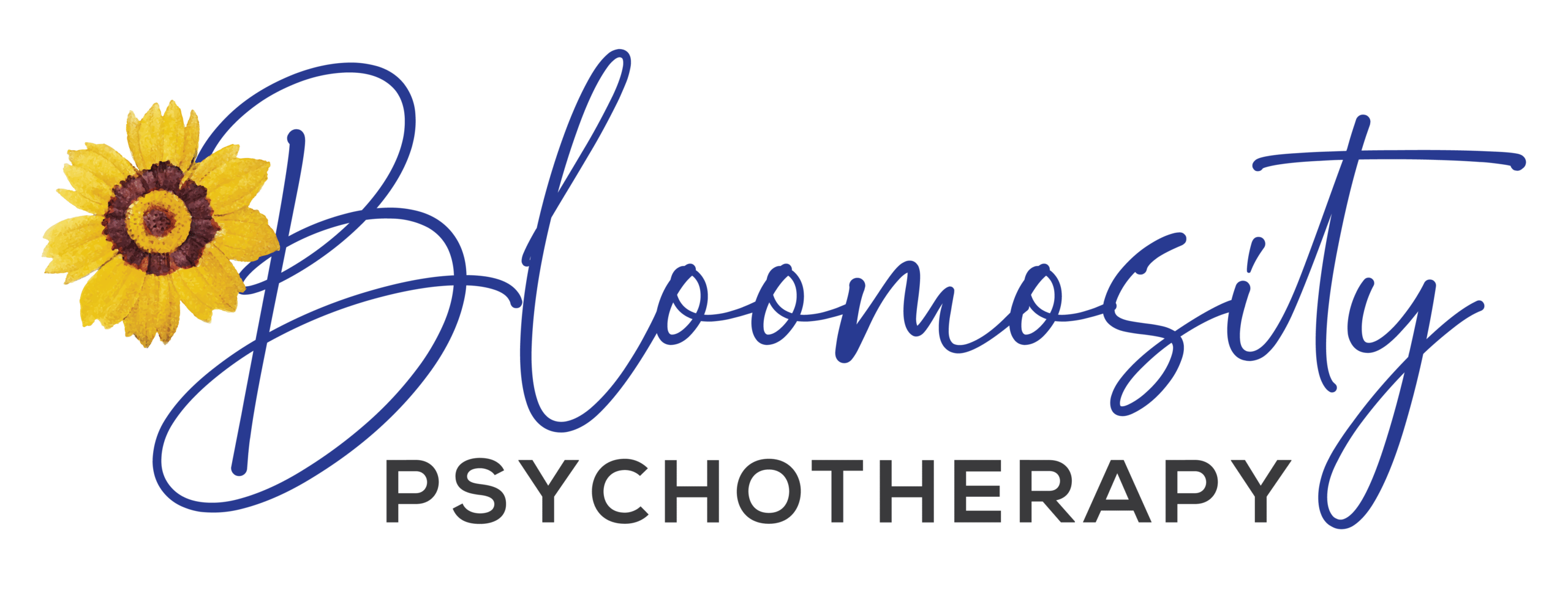Bruce remembers there wasn’t room for him in the kindergarten class circle. He was the only one sitting on the outside, and he recalls the feeling of being left out and not wanted. This feeling of being an outsider only intensified during grade school when he attended “special needs” classes for kids with learning disabilities. In high school, he couldn’t keep up and found acceptance with the “stoner” kids. He quit school, started to work, and used money to buy acceptance to feel better about himself.
His experience of not being accepted wasn’t unique to school. At home, it seemed his mother was always trying to get him in trouble with his father, whom he worshiped. She’d say things to him to make him feel worthless and not good enough. She’d chase him around the house to beat him with the wooden spoon. He felt she never really cared for him.
In therapy, Bruce spoke of these experiences and then said it wasn’t so bad growing up. Others had it much worse than him. He discounted the pain of being rejected by his mother. However, this pain is significant. Every child deserves to have a loving attachment with their primary caregiver. Every child deserves to know that they are good enough.
Often, people come to therapy and discount their adverse experiences from childhood. They’ll say, “I came from a good family”, “they weren’t that bad”, or “I don’t deserve to complain, others had it worse than me”. They compare their experiences to other people. But their pain is real, and it is valid. It’s not helpful to compare one’s experiences to other people. The pain that comes from feeling rejected by a primary caregiver is valid, no matter the circumstance.
Imagine that a child you know is sad because they were left out of the circle in kindergarten. Would you tell them that they are over-reacting? That it’s not so bad and to “suck it up”? Or would you be compassionate to this child? When children have a compassionate caregiver help them work through painful experiences, they are less likely to carry the burden of not being good enough their whole lives. Their emotions, their pain, needs to be validated.
Most of us carry around wounds from our childhood. And, when they come from a primary caregiver, then it causes a rift within us. The pain is real. It’s not “less than” what anyone else has experienced.
